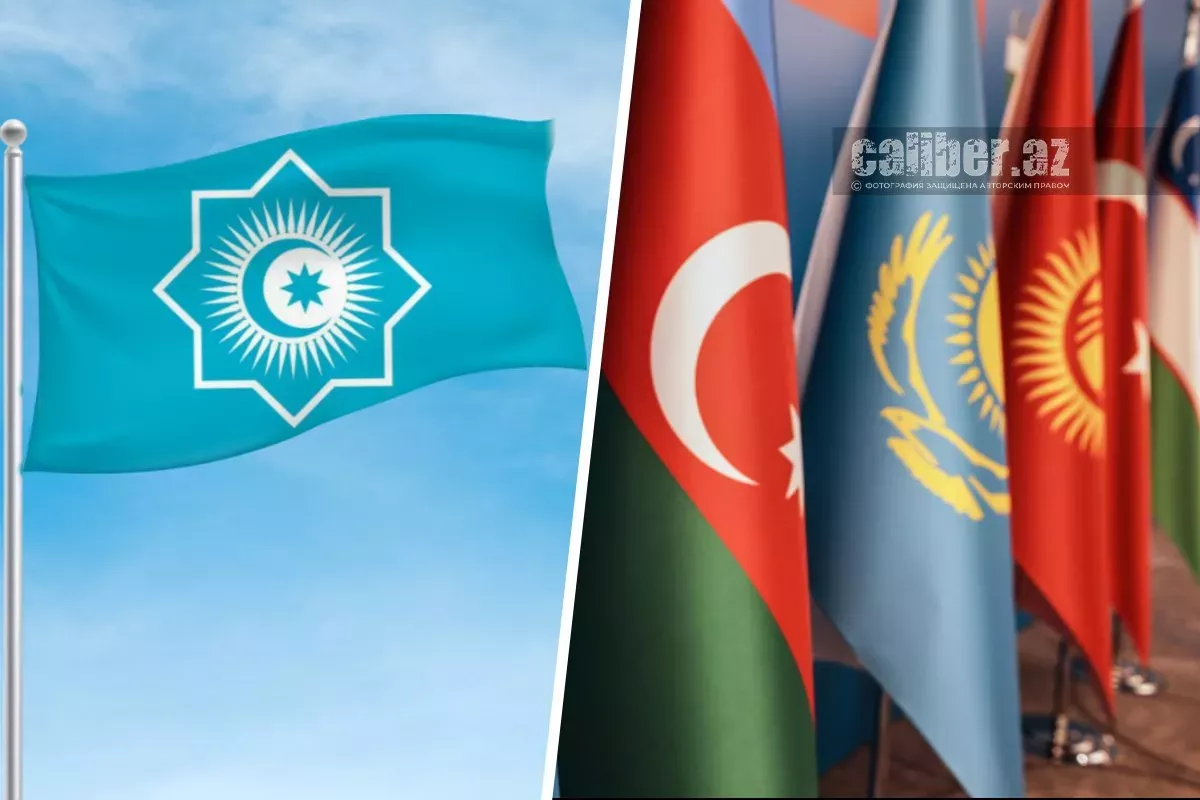Turkic path in era of global turbulence Reflections on unity and geopolitics
The world is vast, boundless, and undeniably fascinating. Perhaps it will always be so. Yet, unfortunately—regrettably—it is also in a constant state of flux. Across different regions, tensions rise and melt, as if the world itself is a cauldron. At times, it seems there is no escape from this crucible. And then, almost suddenly, in the span of a few hours, everything shifts. People find themselves aligned, as if on the same wavelength. What once seemed an uncontainable chaos is replaced, almost magically, by mutual understanding. Handshakes and embraces follow.
It turns out that, in reality, much is simpler than it seems. Simple. Accessible. Easy. It calls to mind the words of a once-popular song: “It’s all very simple: fairy tales are lies.” C’est la vie. Some things simply do not change. Certain individuals, organisations, and even entire nations remain fixed—whether due to mindset, value systems, or the sheer absence of either.
Meanwhile, in the neighbouring yard, they’re back to the same old topic again. Revanchist ideas resurface, overshadowing realism and memories of recent, decisive defeats. Once more, the same self-deception plays out: promises of success, declarations of achievement. But what will they truly accomplish? Can they withstand the pressure of reality, or will they flee the battlefield under the weight of the Iron Fist?
Not far from this, an intriguing development occurs: Anna Hakobyan, the wife of Armenian Prime Minister Nikol Pashinyan, has finished reading Turkish President Recep Tayyip Erdoğan’s book, A Fairer World is Possible. She even expressed confidence that Armenian specialists “will read it immediately after its publication.” Fascinating, isn’t it?

A great many fascinating and thought-provoking things are unfolding around us. Social media has, in fact, begun shaping the consciousness of a new generation—one that comes after Generation Z. This is a generation immersed in, or perhaps confined beneath, the dome of digital technologies. For them, the concept of artificial intelligence (AI) is neither distant nor abstract; it is part of everyday life. So close, in fact, that according to several open sources, people have already begun turning to AI for advice on love—or at least on how to build relationships.
In other words, emotions, experiences, doubts, and the beautiful journey towards love are being pushed to the margins. Now the prevailing logic seems to be: “ask AI for advice”—and follow it, as if consulting a new kind of digital “expert community.”
Yet alongside this growing trust, many leading figures in the tech world have begun to express open concern about the rapid pace of AI’s development, warning that such tools could undermine the very fabric of modern society. As they note, the fact that individuals now have access to extraordinarily powerful systems may fundamentally alter the established rules of the game. Instead of ushering in the expected era of progress and innovation, the world could face catastrophic consequences.
Indeed, there are already countless examples of how the internet and social media are being used—at lightning speed—for large-scale manipulation of public consciousness, particularly among the young. These platforms have effectively become a core instrument of hybrid—or, as some prefer to call them, cognitive—wars.
There are countless paradoxes in today’s world—whether in everyday life or on the geopolitical stage. Take, for instance, the European Commission’s increasingly vocal calls to abandon the originally agreed principle of consensus in the European Union’s decision-making process. Brussels openly justifies this shift by pointing to the problem of the veto, claiming it makes the EU an unwieldy structure. Yet this raises an inevitable question: does such an appeal not, in essence, mirror the very same democratic centralism of Soviet-Bolshevik origin—where the minority was obliged to obey the majority? And was it not precisely this model of governance that the West once so vehemently criticised?

Surely, the discerning reader could easily continue this list of contradictions that surround us on all sides. And it is precisely for this reason that we are once again reminded of the wisdom in Azerbaijani President Ilham Aliyev’s words: that our true family is the Organization of Turkic States (OTS)—where cultural and spiritual kinship forms the cornerstone of unity. The strength of this bond lies in the fact that it has been carefully and patiently nurtured over the course of decades.
As confirmation of this vision, we may recall that back in October 1994, National Leader Heydar Aliyev, in his message to participants of the Congress of Friendship, Brotherhood, and Cooperation of Turkic Peoples, emphasised that the modern Turkic world—undergoing a new period of Renaissance—was capable of offering humanity unique and unparalleled examples. Heydar Aliyev highlighted that the Turkic peoples, beginning to unite through close economic, political, and cultural ties, were becoming one of the key forces shaping the emerging world order. Against this backdrop, independent Azerbaijan pledged to do everything possible to strengthen the fraternal family of Turkic nations.
As we have often said—spoken, done! With precision and resolve. In October 2025, President Ilham Aliyev, speaking at the 12th Summit of the Organization of Turkic States (OTS), noted that this organisation had grown beyond a mere platform for cooperation to become one of the world’s significant geopolitical centres. Its favourable geostrategic location, positive demographic trends, substantial transport and logistics potential, abundant natural resources, and expanding capabilities in the military and defence sectors make the OTS a noteworthy actor on the global stage.
Truly remarkable, isn’t it?
And so, we continue to move forward along our own path—guided firmly by the national interests of our country.








